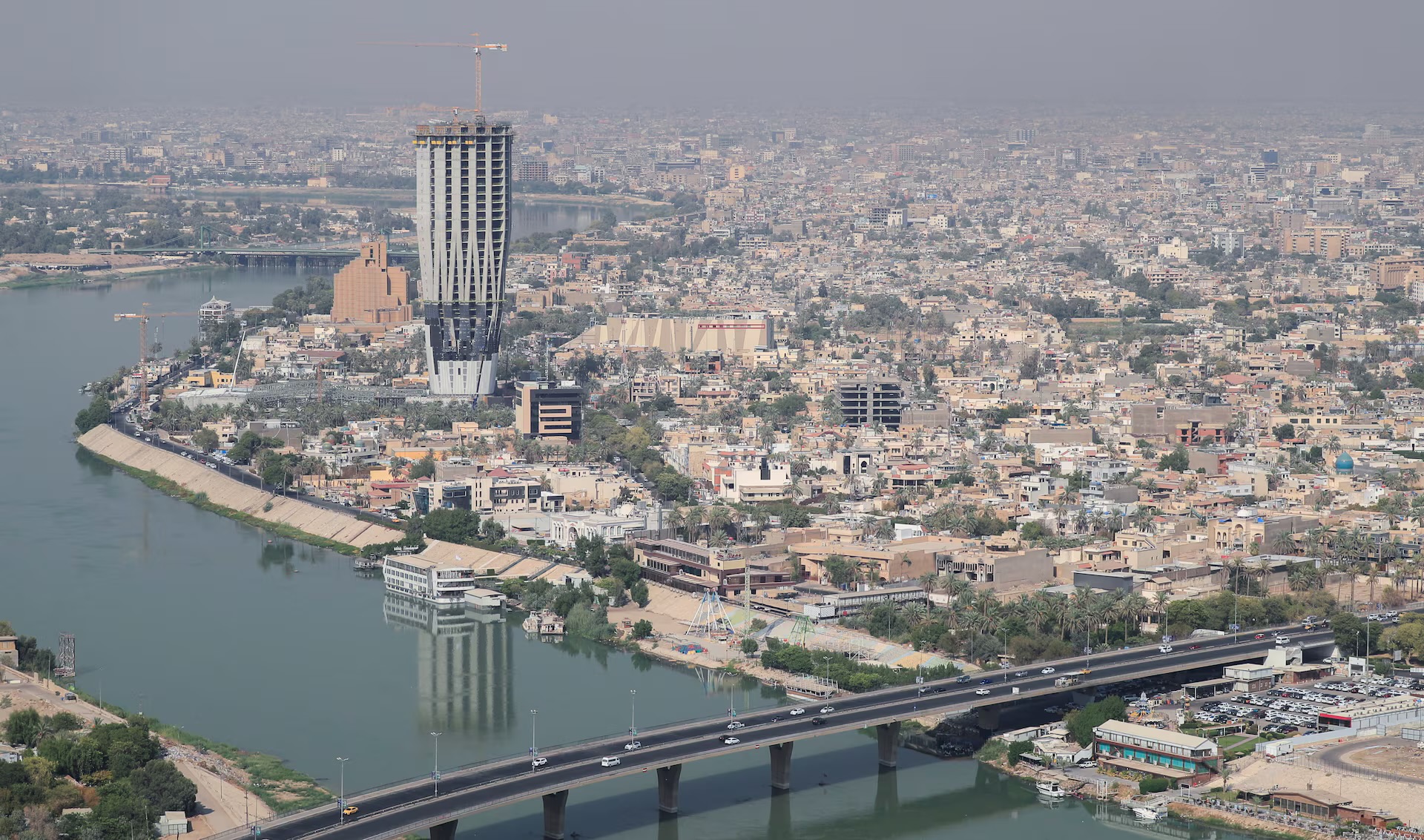U.S. Withdraws Personnel from Middle East as Tensions with Iran Escalate
June 12, 2025 By Hotspotorlando News

The United States has initiated a partial withdrawal of non-essential personnel and military dependents from the Middle East, citing heightened tensions with Iran over its nuclear program and fears of a potential Israeli military strike. The move, described as a precautionary measure, underscores the growing risk of conflict in a region already fraught with geopolitical volatility.
Ordered Departures and Military Adjustments
The State Department has issued orders for non-essential staff to depart from U.S. embassies in Iraq, Bahrain, and Kuwait, effective immediately. Concurrently, Defense Secretary Pete Hegseth has authorized the voluntary evacuation of military families from bases across the region, with a particular focus on Bahrain, home to the U.S. Navy’s Fifth Fleet. The Pentagon has not disclosed the exact number of personnel affected but emphasized that the drawdown is a “prudent step” to ensure the safety of Americans amid rising threats.
General Michael Kurilla, head of U.S. Central Command, has postponed a scheduled Senate testimony to focus on monitoring the evolving situation. Sources indicate that U.S. forces in the region, including those stationed at Al Udeid Air Base in Qatar and other key installations, have been placed on heightened alert. The Defense Department is also reviewing contingency plans to protect U.S. assets should hostilities erupt.
Roots of the Crisis
The current escalation stems from stalled diplomatic efforts to revive the 2015 Iran nuclear deal, formally known as the Joint Comprehensive Plan of Action (JCPOA). Negotiations have faltered, with Iran reportedly advancing its uranium enrichment activities to near-weapons-grade levels, raising alarms in Washington and Jerusalem. Intelligence reports suggest that Israel, which views a nuclear-armed Iran as an existential threat, is preparing for a possible preemptive strike on Iran’s nuclear facilities.
President Donald Trump, in a statement on June 11, described the Middle East as a “dangerous region” and vowed to prevent Iran from acquiring nuclear weapons “at all costs.” The administration has signaled that it will not hesitate to support Israel or take unilateral action if Iran crosses critical thresholds in its nuclear program.
Iran, for its part, has warned of severe consequences in the event of an attack. Iranian officials have threatened to target U.S. military bases in the region, including those in Bahrain, Qatar, and the United Arab Emirates, should Israel or the U.S. initiate hostilities. Tehran has also hinted at the possibility of closing the Strait of Hormuz, a vital chokepoint for global oil shipments, which could trigger a broader economic crisis.
Regional and International Reactions
The United Kingdom has issued an advisory warning of potential military escalation, urging British nationals to avoid non-essential travel to the Persian Gulf, Gulf of Oman, and Strait of Hormuz. The advisory also cautioned that shipping routes in these areas could be disrupted, posing risks to global trade.
Arab Gulf states, particularly Saudi Arabia and the UAE, have expressed concern about being caught in the crossfire of a U.S.-Israel-Iran conflict. Both nations, which host U.S. troops and rely on American security guarantees, have called for de-escalation while quietly bolstering their own defenses.
Russia and China, key backers of Iran, have condemned the U.S. and Israel for what they describe as “provocative actions.” Moscow has called for an emergency meeting of the UN Security Council to address the crisis, though analysts doubt it will yield concrete results given the deep divisions among permanent members.
Broader Implications
The U.S. drawdown signals a shift toward risk mitigation as the Biden administration’s diplomatic overtures give way to a more confrontational posture under President Trump. The evacuation of personnel could also strain relations with regional allies, who may interpret the move as a sign of waning U.S. commitment to their security.
Economically, the threat of conflict has already driven oil prices upward, with Brent crude surpassing $90 per barrel on June 12. Analysts warn that a full-scale conflict could push prices well above $100, exacerbating inflation and disrupting global energy markets.
For now, the region remains on edge, with all eyes on Israel’s next move and Iran’s response. The U.S., while reducing its footprint, maintains significant military capabilities in the Middle East, including aircraft carriers, fighter jets, and missile defense systems. Whether these will be enough to deter Iran—or prevent a wider war—remains uncertain.
As the situation unfolds, the international community braces for a potential flashpoint that could reshape the Middle East and beyond. For Americans in the region, the message is clear: safety first, as the specter of conflict looms large.
Source: Reuters, AP


